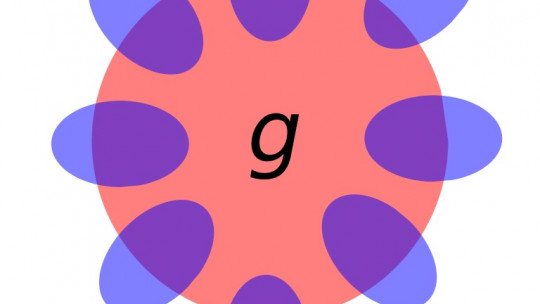It is named after James Robert Flynn, a political science professor and intelligence researcher born in Washington, DC, in 1934, and emigrated to New Zealand in 1963. In 1980 he observed that the scores of different groups of people obtained in the standard intelligence tests had increased consistently in the last decades.
In this PsychologyOnline article, we will define The Flynn Effect
What is the Flynn effect?
The issue we encounter is that when a test is typified it is adapted to a specific population and here the effect is not perceived. In order to establish the effect, it would be necessary to compare the result obtained with that test in the previous generation. This is what Flynn did. He compared the results between generations and found that the score on Intelligence increases three points per decade< This has been confirmed by subsequent studies and is called the Flynn effect in reference to the name of its discoverer.
In a study that covered different European countries, it was found that the increase was 20 points per generation, that is, 30 years, in countries such as Belgium, Holland and Israel and less, 10 points per generation, in Denmark and Switzerland.
Among the possible explanations that have been given for this phenomenon are a better nutrition, smaller families, better education, greater complexity in the environment and genetic issues
Currently there are opinions that suggest that this effect tends to disappear based on the fact that the possible causes that cause it are remaining stable.
Other views suggest that the process is being reversed. There is recent evidence that the upward trend in intelligence test scores has receded in some countries; for example, the performance of British adolescents in secondary schools declined considerably between 1976 and 2003. (Michael Shayer).
This article is merely informative, at PsychologyFor we do not have the power to make a diagnosis or recommend a treatment. We invite you to go to a psychologist to treat your particular case.
If you want to read more articles similar to The Flynn Effect we recommend that you enter our Cognitive Psychology category.








